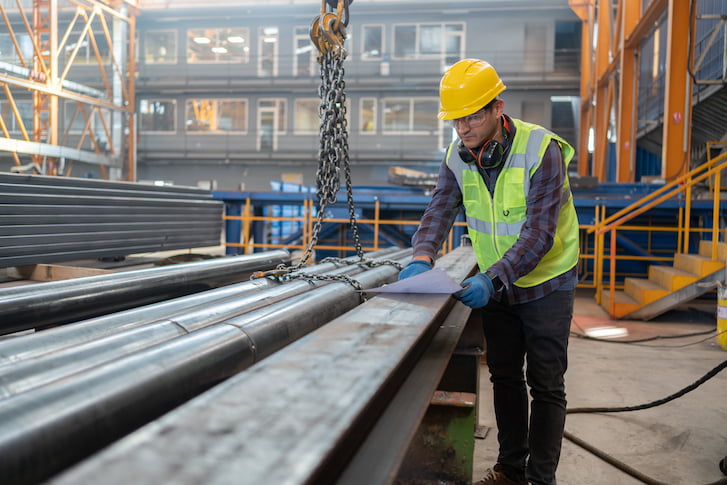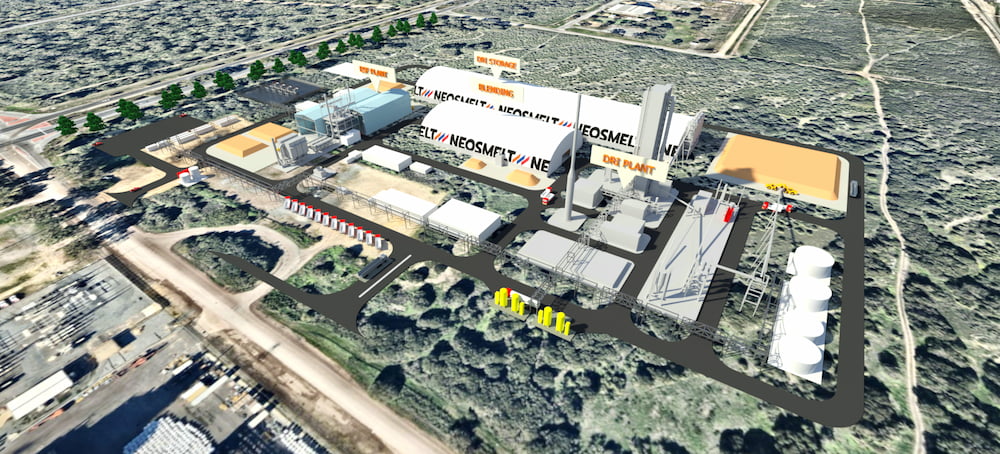$318b worth of projects stifled by environmental approvals
Western Australian projects are being jeopardised by environmental approval delays, placing around $318 billion of investment at risk.
CCIWA’s report, Green Web: How Environmental Approvals Could Trap Australian Investment, reveals tens of thousands jobs could be on the line as it estimates these projects will create about 160,000 roles.
“We’ve heard from businesses that wait times have blown out by up to 18 months in the past five years in WA,” says Aaron Morey, CCIWA Chief Economist.
“That’s 18 months additional time for projects to languish on the shelf and the longer a project sits on the shelf, the greater the risk that investors lose patience and look to invest elsewhere.
“There’s no doubt we need robust environmental regulation to protect our most precious assets, but when project proponents are being forced to jump through unnecessary hoops to get an approval they’re likely to look for a more predictable, less complex place to do business.”
At what cost? Up to $1m a day
Consultations with Members who have projects under application for environmental approvals find 40% are at risk of abandoning their projects due to the delays, while 25% say they are at risk of scaling down projects by an average 40%.
CCIWA reports that approval delays create a mountain of other costs, such as hiring consultants, holding materials and keeping on subcontractors and internal resources. Some businesses say these costs amount up to $1 million a day.
Companies in the mining, agriculture, fisheries, construction, manufacturing, space and defence industries are among those who have expressed alarm at the increasingly complex patchwork of environmental regulation.
Delays in approvals also impact publicly funded infrastructure projects, such as new railway lines and roads.
Diminishing future investment pipeline
Delays are also putting future investment at risk by making WA a less attractive destination for investment, the report states.
Regulatory performance is a significant factor in investment decisions and increasing requirements gives international competitors an advantage.
“Time is of the essence with what we do. If WA does not do better, other countries like Saudi Arabia and Chile will beat us to it,” a Member says.
Severe consequences can result in project abandonment and the company entering administration.
Cultural heritage approvals and activists also concerning
The report also highlights significant concerns with the cultural heritage approvals process, noting the considerable alarm across industry from a recent Federal Court decision about what constitutes a “relevant person” for the purposes of consultation.
The WA Environmental Protection Agency (EPA) requires onerous requirements for a business’s project proponents to demonstrate consultation with Traditional Owners.
“The EPA could make the decision themselves, but instead, they refer these decisions to the Traditional Owner groups. They don’t realise how this compounds existing regulatory challenges, negatively impacts Traditional Owners, and adds further delays to projects,” a CCIWA Member says.
These regulatory demands are also putting pressure on Traditional Owners, with an Aboriginal organisation saying, “It’s incredibly hard to get heritage surveys completed in a timely manner, due to resourcing constraints”.
The report also highlights concerns that activists were exploiting the court system to stall projects, including groups that were not directly impacted by the proposal.
Bureaucratic challenges
Morey warns changes proposed at a federal level, including the establishment of a national EPA, will make it even harder for major projects to proceed.
“The Commonwealth’s proposed ‘nature positive’ reforms will duplicate much of what’s already happening at a state level,” he says.
“It proposes to introduce a complicated offsets regime and won’t take into account the social and economic benefits of a project when making a decision on approvals.”
Morey says a major project in WA typically needs to consult with multiple State Government departments on overlapping issues.
“The State Government has attempted to make some improvements to streamline processes, including the establishment of a Green Approvals unit and investment in Environment Online,” he says.
“But our Members who work within this system tell us these measures simply don’t go far enough, and it remains to be seen whether they will actually have a material impact on approval times."
What needs to change?
In the report, CCIWA makes 10 recommendations to the State and Federal Governments to create a regulatory environment that works with the business community, rather than against it.
It claims these recommendations would benefit the WA and national economy by striking a “common sense approach to the management and protection of the environment, and broader consultation requirements”.
Find out what we stand for to make WA the best place to live and do business.












